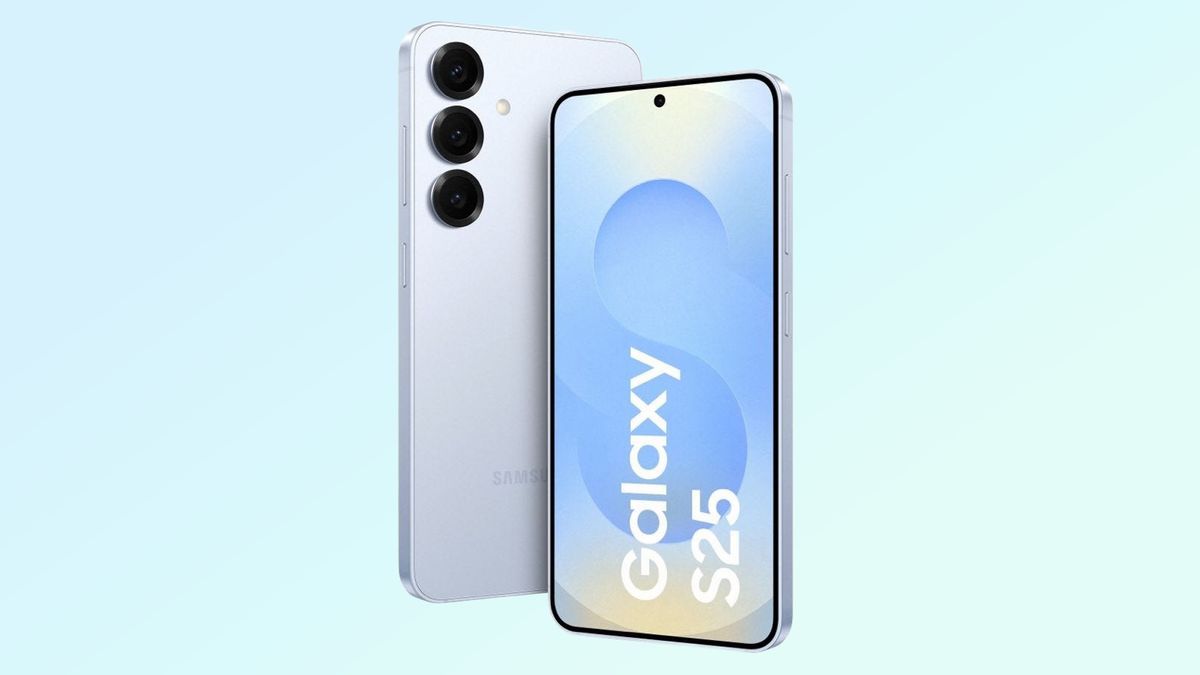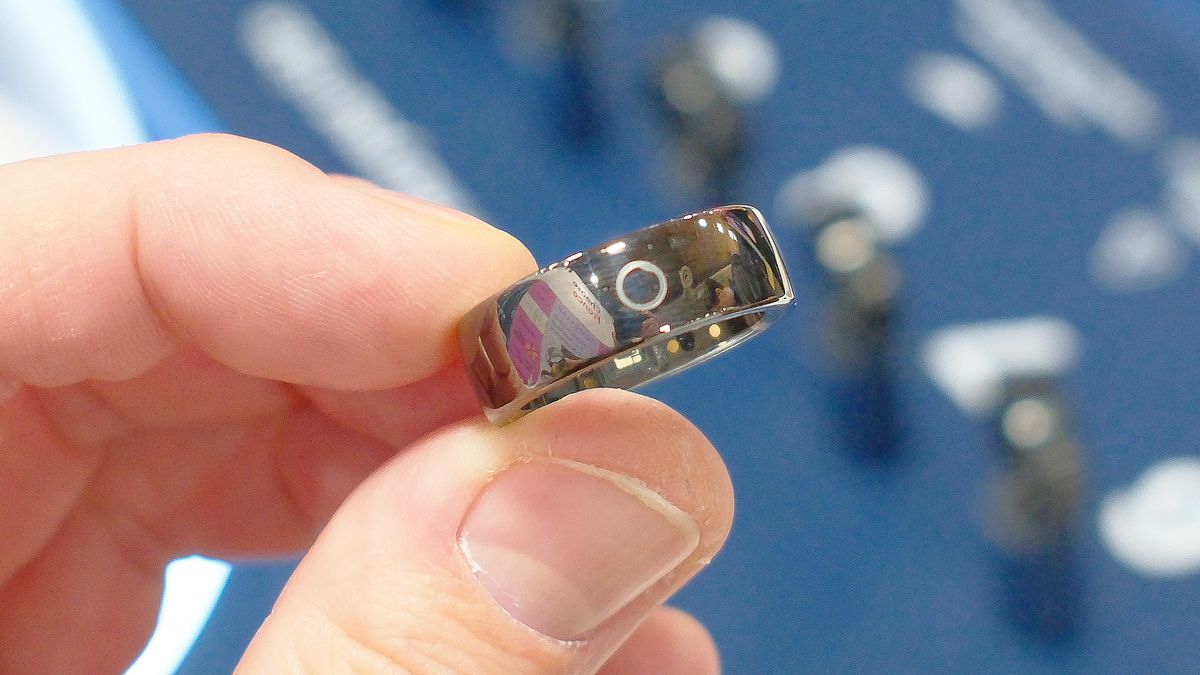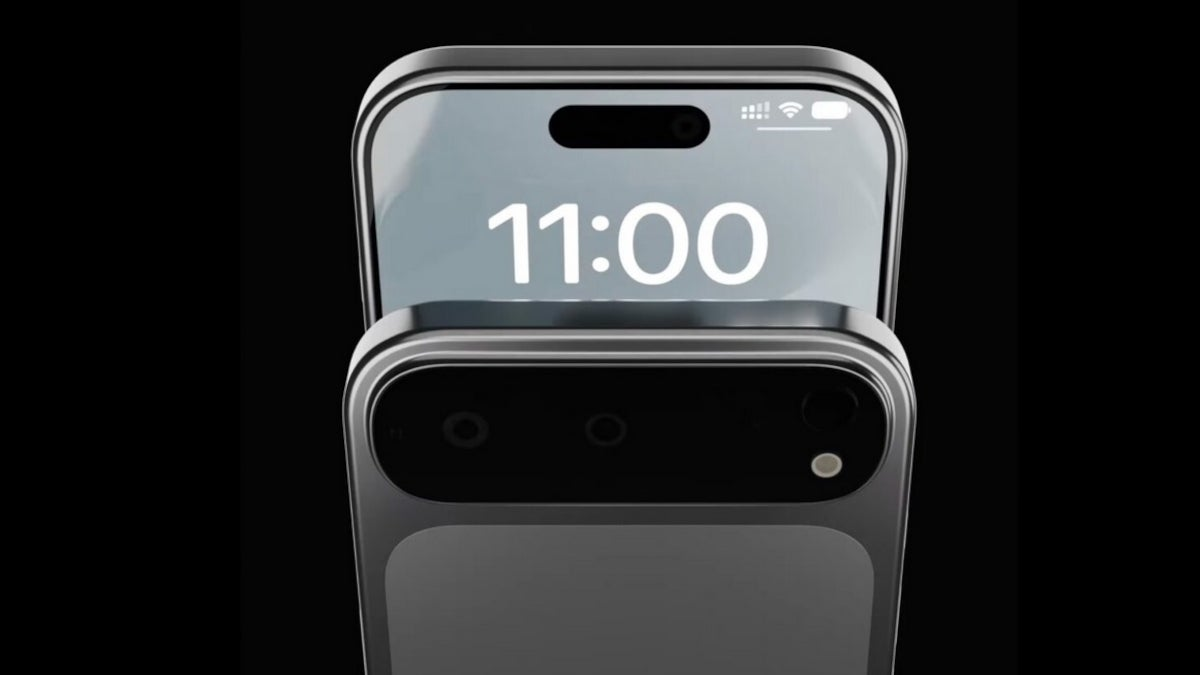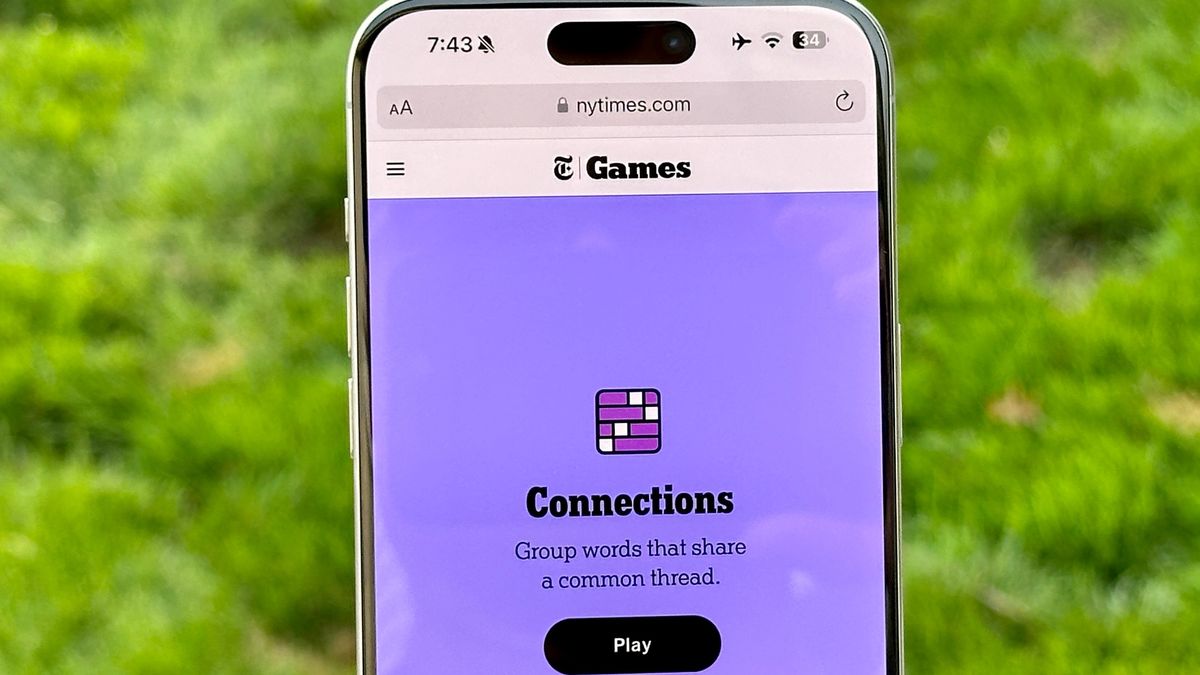Google has dropped a preview of what 'might' be Gemini 2.0 Pro inside the web version of its popular chatbot — dubbed Gemini 2.0 'Experimental Advanced'.
The move comes less than a week after the company unveiled the Gemini 2.0 Flash Experimental model for free users of the AI platform. This new release caused quite a stir in the market because of its speed and accuracy.
You need to subscribe to the $19.99 a month Gemini Advanced plan to use the new 'Experimental Advanced' model. It isn't clear what improvements it offers over Flash 2.0 but Google says it is better at math and coding.
Early development products
Both products are very much in early development, with reports that they can suffer from unexpected rate limits and other glitches. Even Google admitted that these new models "might not work as expected".
It is not clear from the company’s press release exactly what the difference is between Gemini 2.0 Experimental Advanced (aka gemini-exp-1206) and Gemini 2.0 Flash Experimental under the skin.
The main distinction seems to be that the Flash version is very fast in operation and supports real-time tool use, while the latest experiment does not. However, that is common for experimental releases from all AI companies and it will get those features once it becomes a commercial release.
It probably doesn’t help that the Google product teams seemed to think it was a good idea to adopt a naming convention that is guaranteed to confuse everyone. There are now so many different varieties of Gemini on the AI menu lists, that we’re in danger of losing sight of the fact that this is all one major AI model advance.
Putting the new model to the test
Introducing Gemini 2.0 | Our most capable AI model yet - YouTube

I don't have Gemini Advanced but I was able to test the new Advanced model in the online Google AI Studio platform and found it offers some impressive features.
I was able to upload a video, get the AI to accurately describe the content and write some captions. I also uploaded images and received similarly accurate descriptions of the animals they contained. The lack of hallucination was reassuring.
The first quarter of 2025 is likely to be the time when we see these AI goliaths battle it out in earnest, but until then we’re all going to have to rely on more than a little conjecture and guesswork.
There is currently something of a release war going on between the major AI model providers, with both OpenAI and Google releasing products almost every day over the recent weeks.
The dust and confusion surrounding these launches is still far from settled, so it’s too early to say right now what the eventual result will be, and who will end up the king of the mountain.
So far as features go, Google has impressed with its ability to handle video and audio manipulation, as well as real world situations on smartphones using the stunning Gemini vision technology.
However OpenAI still retains significant market respect with its o1 and GPT range of AI models, and o1 currently remains the champion of ‘reasoning’ models across the world.
The first quarter of 2025 is likely to be the time when we see these AI goliaths battle it out in earnest, but until then we’re all going to have to rely on more than a little conjecture and guesswork.
More from Tom's Guide
- OpenAI announces '12 days of OpenAI' with a new product or model every day
- I just saw the future of gaming — Google's Genie 2 can turn text into a playable game in real-time
- ElevenLabs drops new conversational AI — it’s as natural as chatting to a human





















 English (US) ·
English (US) ·